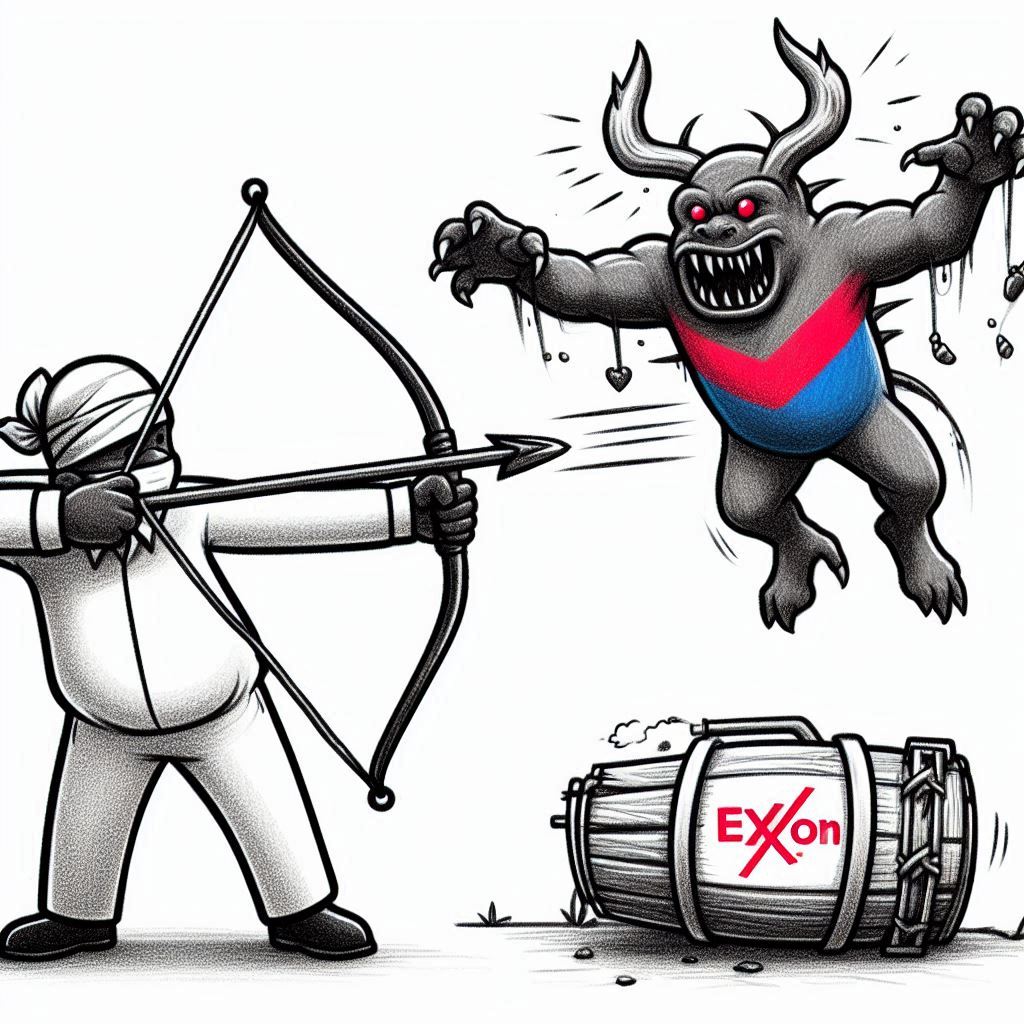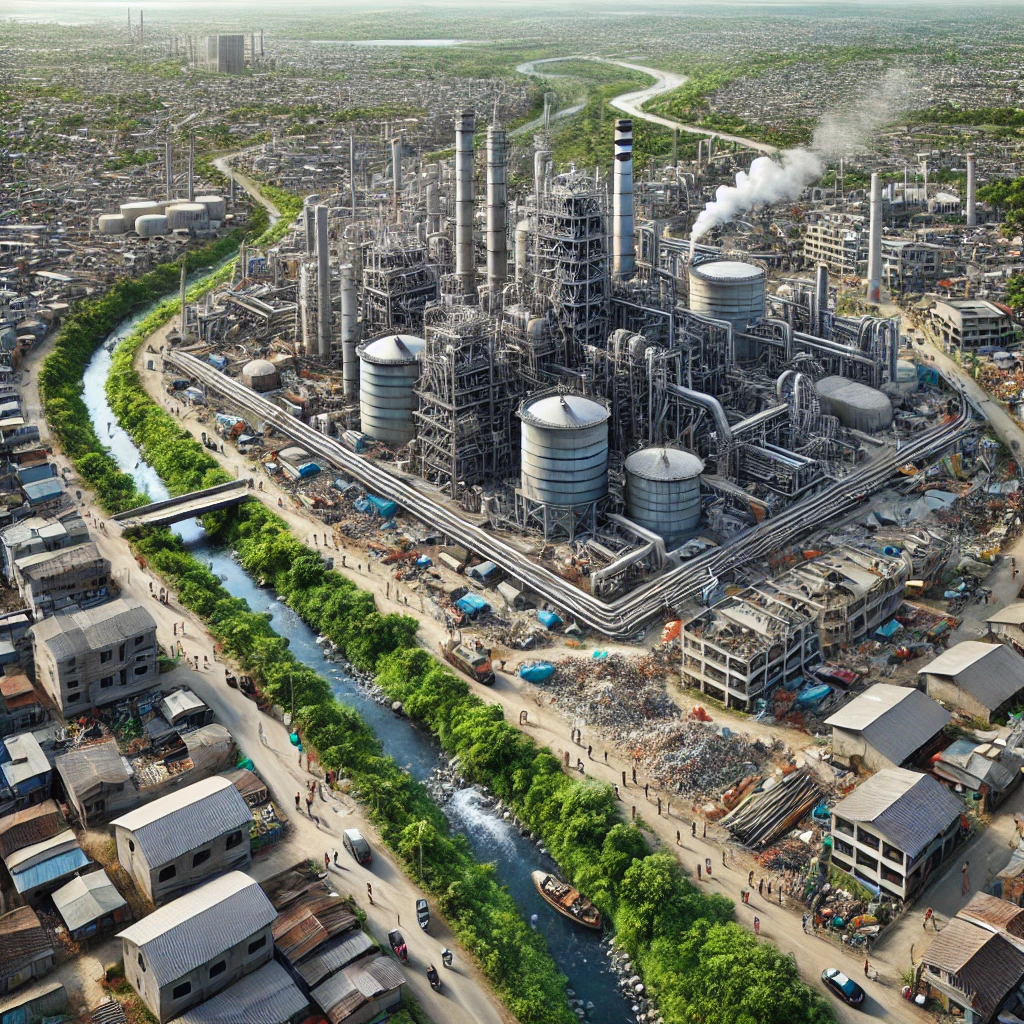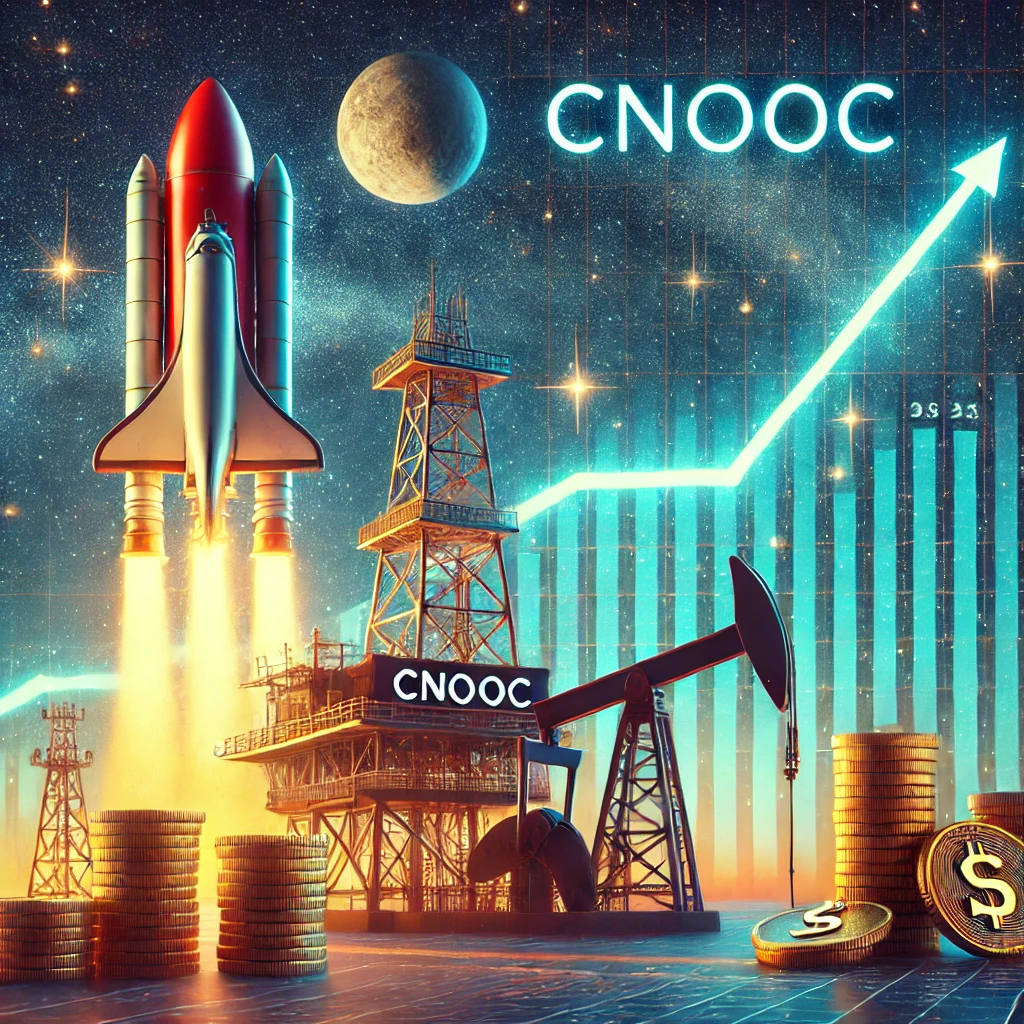In February 2018, Exxon produced a 20-minute Facebook video in which its stated purpose was to address questions concerning the Oil Contract, Revenues and Taxes. At minute 10, the presenter declaims: Guyana is a frontier country. And, further states that the Guyanese people should be satisfied with the oil contract.
Pronouncing Guyana as a “frontier country” with respect to oil exploration and production is very puzzling. If we look up the definition of “frontier” in the Oxford dictionary it states, “the extreme limit of understanding or achievement in a particular area”. We don’t recall Guyana breaking any technological records for its oil discovery, so what specifically does Exxon mean by “frontier country”?
The type of drilling used to discover the oil in Guyana’s ocean is known as ultra-deep drilling. The Liza Phase-1 project will be at a water depth of between 1.5 km to 1.9 km. The recently positive discovery at Ranger-1 well was found at a water depth of around 2.7 km. In 2003, the first well was drilled in 3 km of water. Fifteen years after this event, we would not term wells being drilled at lesser depths as an extreme achievement. Facebook, a company used by Exxon and more than 2 billion users, was created in 2004. Would you call Facebook a frontier company?
Maybe Exxon meant frontier in terms of the difficulty to process poor quality crude and which will need cutting edge technology to refine. But that is not the case either, here is a quote from ExxonMobil Country Manager in Guyana, Rod Henson, “Guyana is blessed with a relatively light crude. It is not considered a heavy oil. What that means is that heavier oils need more refining. Typically, the price that you get for heavier oils is lower – there is some sort of a deduct or penalty you get for having heavier crude. So, in general, the Guyana crude is a lighter, sweet crude”. [end of quote].
Given the location of oil, the oil company avoids many problems which it has had with oil found in other countries. In Africa, some of its pipelines built on land were under threat from the native population. In the Middle East, oil tankers often must travel through the hostile waters. In Guyana’s instance, the oil company found oil in a region where deep water drilling already exists for other countries such as Trinidad & Tobago and Brazil. Location-wise, Guyana’s oil operations are in secure waters and the distance to refineries in Texas is much shorter than if the oil were coming from Africa or the Middle East.
In Chapter 26 of Private Empire by Steve Coll, there is discussion that Exxon was willing to accept a 9% return on capital from Iraq. It further goes on to state that this type of profit margin is normally accepted only in highly stable, low-risk political environments. If Iraq fits the criteria of stable and low-risk countries, then Guyana would have gold-rating for stability and safety for oil extraction.
Earlier this year, OGGN pointed out that if the contract were renegotiated to give Exxon a 16% rate of return on capital for 3.2 billion barrels, then Guyana would gain an additional US$29 billion at US$80/barrel. If we use a 9% rate of return on 4 billion barrels, then the new figure would be significantly higher than US$29 billion.
As pointed out by the local and international press and the IMF, this contract has many flaws. As noted recently by the T&T Prime Minister, “We have respected the sanctity of contracts while not accepting that contracts are set in stone. Contracts are engagements made between two parties and when you make contracts, if there is goodwill between the participants, and if the intention is for both participants to benefit from the nature of the contract, we see the possibility and the opportunity for the contracts being revisited so as to maintain the balance of the elements of the contract.”
Let’s establish two things. (1) Guyana is new to the oil business – but that does not make it a “frontier country”. In fact, there are advantages – safe and stable country; relatively short distance to oil refineries; and good quality crude. (2) Several examples of Oil Contracts have been successfully renegotiated.
We need to renegotiate this flawed contract.
Yours faithfully,
Darshanand Khusial and Mike Persaud
October 16th, 2018










